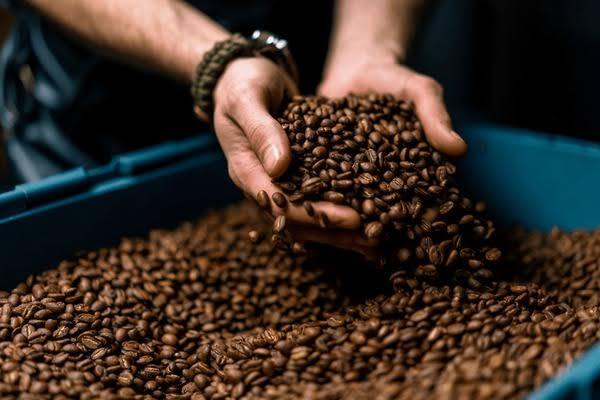Sweden's cherished tradition of fika—a social coffee break often accompanied by pastries—is facing challenges due to a significant surge in coffee prices. Over the past year, coffee prices in Sweden have increased by up to 40%, impacting both consumers and the café culture integral to Swedish society.
Factors Contributing to Rising Coffee Prices:
- Climate Change: Adverse weather conditions in key coffee-producing countries have led to reduced yields. For instance, Brazil and Vietnam have experienced poor harvests due to climate-related issues, contributing to a global decrease in coffee supply.
- Increased Demand: Global consumption of coffee continues to rise, intensifying the pressure on limited supplies and driving prices upward.
- Supply Chain Disruptions: Rising shipping and transportation costs have further exacerbated the situation, making it more expensive to import coffee into Sweden.
Impact on Swedish Consumers and Fika Culture:
- Reduced Café Visits: The increased cost of coffee has led many Swedes to cut back on their visits to cafés, a central aspect of the fika tradition. Some individuals are opting to brew coffee at home or consume it at workplaces where it is provided for free.
- Stockpiling Coffee: Anticipating further price hikes, some consumers have begun purchasing and storing larger quantities of coffee.
- Shift in Beverage Preferences: There is a noticeable trend, especially among younger generations, toward alternative beverages such as tea and energy drinks. This shift may influence the future landscape of fika culture in Sweden.
Cultural Significance of Fika:
Fika is more than just a coffee break; it is a deeply ingrained social ritual that fosters connection and relaxation. Despite the current economic pressures, experts believe that the essence of fika will endure, although its practice may evolve in response to changing circumstances.
Looking Ahead:
The Food and Agriculture Organization (FAO) has indicated that if adverse climatic conditions persist in major coffee-growing regions, prices may continue to rise. This ongoing situation underscores the need for both consumers and businesses to adapt to a fluctuating market, ensuring that traditions like fika can be preserved in a sustainable manner.
Follow & Subscribe:
👉 Agri-Food Update on LinkedIn for the latest updates and insights.
🌐 Visit us at www.agri-food-update.com for more information!



